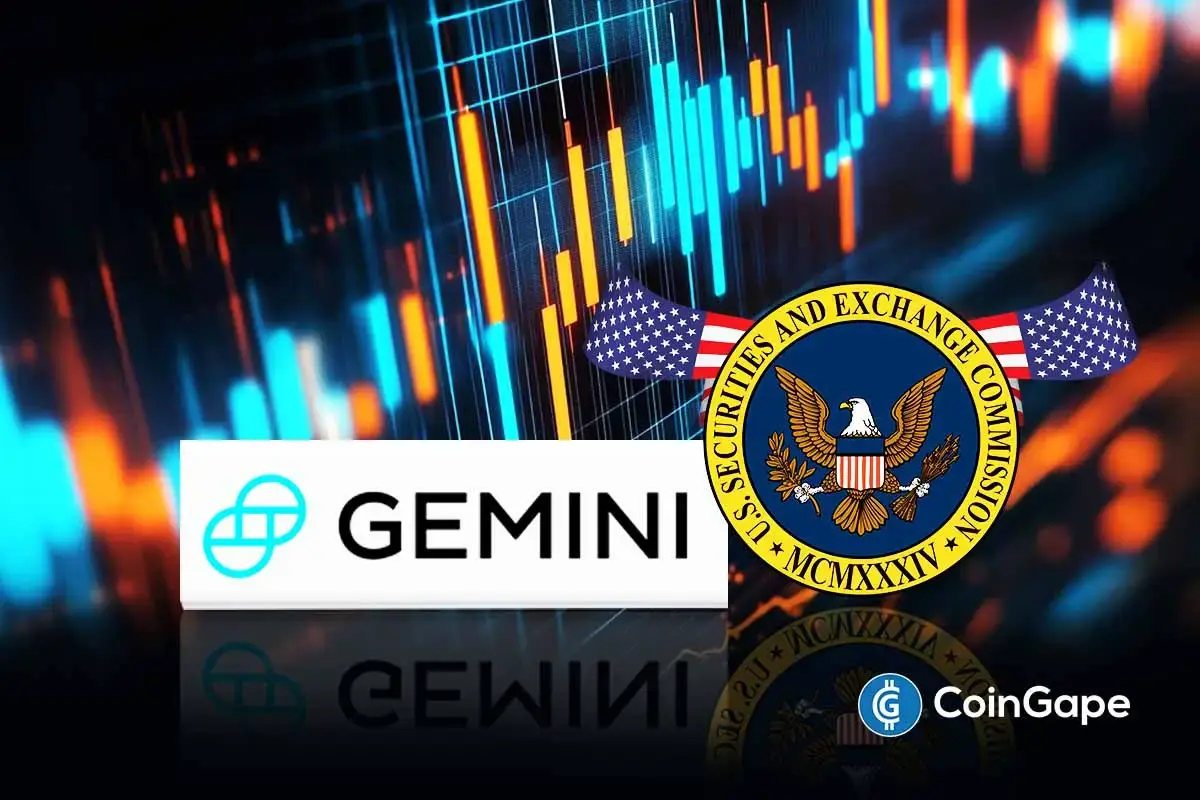US Congressman Proposes Safe Harbor for Digital Tokens in New Bill

United States Congressman, Patrick McHenry from North Carolina has put forth a bill that seeks to provide safe harbor for digital tokens and their issuance to aid the growth of financial innovation in the country. The bill whose act may be cited as the ‘‘Clarity for Digital Tokens Act of 2021’’ seeks to amend the Securities Act of 1933 in order to make the proposed provisions valid.
Per the details of the Bill, a safe harbor of 3 years should be granted to blockchain innovators who wish to operate a tokenized-based decentralized system. During this period, the project owners are expected to release certain details or publish specific disclosures to show the transparency of their projects and the efforts to attain the proposed protocol decentralization.
The proposal suggests that project developers must provide a “narrative description of the steps necessary to independently access, search, and verify the transaction history of the network,” as well as providing “sufficient information for a third party to create a tool for verifying the transaction history of the token.”
This provision is particularly essential for monitoring and blockchain analytics tools to be able to gain insights into events that are occurring on-chain. While the proposal will let emerging innovators operate without looking over their backs for the three-year period, government-backed regulators will also be able to monitor activities through the defined transparency measures.
McHenry’s Bill Receives Wide Embrace
The push to secure a safe harbor for the emerging players in the cryptocurrency ecosystem predates Rep McHenry’s bill as the Securities and Exchange Commission’s Hester Peirce has been advocating for a similar 3-year grace period for a while now.
“If adopted, the proposed safe harbor could be the most groundbreaking development for the U.S. cryptocurrency market to date,” Peirce said in February 2020. “By putting development first and giving projects runway to build robust networks, the proposed safe harbor puts an important stake in the ground towards supporting American access and acceptance of digital asset markets.”
There is a unifying view on the part of both McHenry and Peirce, as the underlying interest is to see cryptocurrency innovation thrive in the United States. Other top voices in the crypto ecosystem have welcomed the McHenry’s Bill and is seen by many as a much-needed regulation to place the US on the top of the list of nations with enhanced financial innovation.
Play 10,000+ Casino Games at BC Game with Ease
- Instant Deposits And Withdrawals
- Crypto Casino And Sports Betting
- Exclusive Bonuses And Rewards

- Bitcoin News: Anthony Pompliano’s ProCap Buys 450 BTC, Gold Bug Peter Schiff Reacts
- Fed Rate Cuts More Likely If U.S.-Iran Conflict Extends, Arthur Hayes Predicts
- Breaking: Ethereum Treasury BitMine Adds 50,928 ETH as Tom Lee Predicts March Bottom For Crypto Prices
- Bitget Champions Women’s Role in Crypto as Part of International Women’s Day Campaign
- Breaking: Michael Saylor’s Strategy Adds 3,015 BTC as Bitcoin Holds Steady Despite U.S.-Iran War
- Pi Coin Price Prediction for March 2026 Amid Network Upgrade, KYC Boost, Rewards Distribution
- Gold Price Nears ATH; Silver Eyes $100 Breakout on Us- Iran War
- Bitcoin And XRP Price As US Kills Iran Supreme Leader- Is A Crypto Crash Ahead?
- Gold Price Prediction 2026: Analysts Expect Gold to Reach $6,300 This Year
- Circle (CRCL) Stock Price Prediction as Today is the CLARITY Act Deadline
- Analysts Predict Where XRP Price Could Close This Week – March 2026

 Buy $GGs
Buy $GGs

















